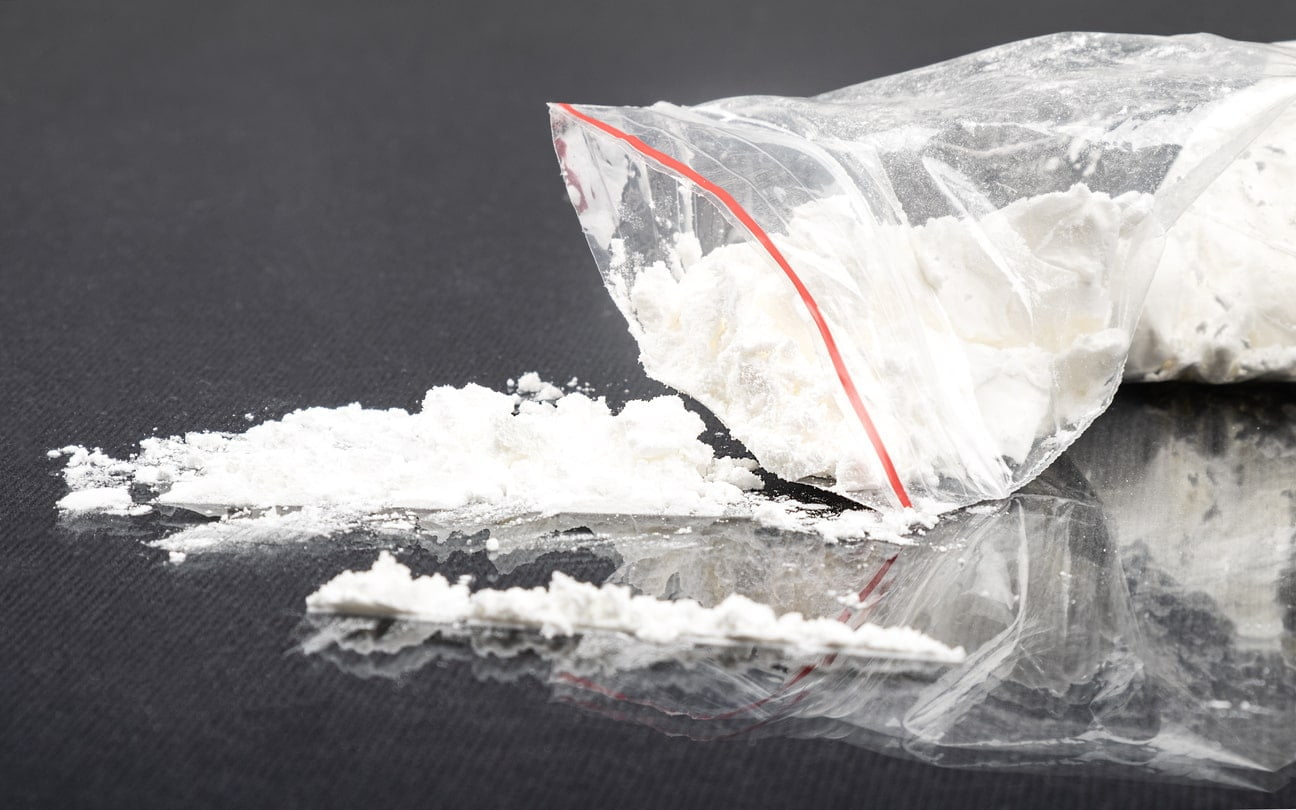
How Long Does Cocaine Stay in Your System?
Cocaine, a powerful stimulant drug, poses significant health risks to individuals who use it. Understanding how long cocaine stays in the system is crucial for those struggling with addiction and seeking recovery. This article provides comprehensive information on the effects of cocaine, its detection time in the body, and available treatment options.
What is Cocaine?
Cocaine is a potent stimulant derived from the coca plant native to South America. It is commonly used for its ability to create feelings of euphoria and increased energy. Cocaine can be administered in several ways, including orally, intranasally (snorting), intravenously (injection), or by inhalation (smoking).
Cocaine Use Statistics
According to the 2021 National Survey on Drug Use and Health (NSDUH), cocaine use remains a significant public health concern. The survey provides crucial data on the prevalence of cocaine use, highlighting the need for effective prevention and treatment strategies.
How Does Cocaine Affect Your Body?
Cocaine speeds up the body, creating energy, happiness, and excitement. However, these feelings can quickly give way to negative emotions such as anger, nervousness, and paranoia. Long-term cocaine use can lead to serious health problems, including heart attack, stroke, and addiction.
How Long Does Cocaine Stay in Your System?
Cocaine and its metabolites can be detected in various body parts for different lengths after using the drug. Here are the detection times for different types of tests:
- Blood: Cocaine can be detected in the blood for up to 2 days after the last use.
- Saliva: Similar to blood tests, saliva tests can detect cocaine for up to 2 days.
- Hair: Hair tests have a much longer detection window and can potentially detect cocaine for months to years after use.
- Urine: Cocaine can be detected in urine for up to 3 days. However, for heavy users, the detection window can extend up to 2 weeks.
It’s important to note that these detection times are approximate and can vary based on several factors, including the individual’s metabolism, the amount of cocaine used, and the frequency of use.
Factors Influencing How Long Cocaine Stays in Your System
Several factors can influence how long cocaine stays in the system. These include the individual’s metabolism, body mass, hydration level, physical activity, and other bodily substances. Additionally, the method of cocaine use and the frequency and amount of use can also affect detection times.
Cocaine and Alcohol
Combining cocaine and alcohol can have dangerous effects, as it produces a compound called cocaethylene, which can increase the risk of sudden death. Cocaethylene also stays in the body longer than cocaine or alcohol alone, extending the detection time in drug tests.
Cocaine Use During Pregnancy
Cocaine use during pregnancy can lead to serious health risks for both the mother and the baby. These risks include premature birth, low birth weight, and developmental problems. Pregnant women who use cocaine are strongly advised to seek medical help immediately.
Cocaine Withdrawal and Overdose
Withdrawal from cocaine can cause symptoms such as depression, fatigue, increased appetite, and unpleasant dreams. Overdose can lead to serious health problems such as heart attack, stroke, and seizures. It’s important to have naloxone, a medication designed to reverse opioid overdose rapidly.
Treatment for Cocaine Addiction
Overcoming cocaine addiction can be challenging, but recovery is possible with the proper treatment and support. Treatment options include behavioral therapies, support groups, and, in some cases, medication. The Hope Institute, a drug and alcohol rehab center in New Jersey, offers a range of treatment programs tailored to individual needs.
Conclusion
Understanding how long cocaine stays in the system is a crucial step toward recovery for those struggling with addiction. If you or a loved one is struggling with cocaine use, seek help immediately. Remember, it’s never too late to start the journey towards recovery.